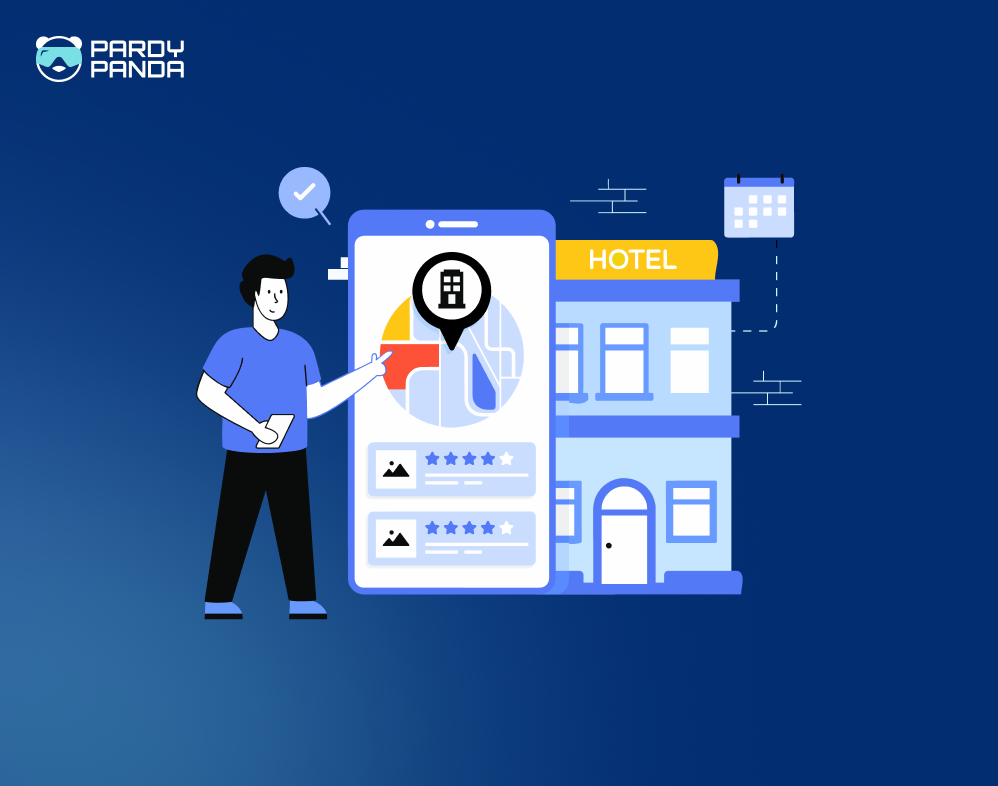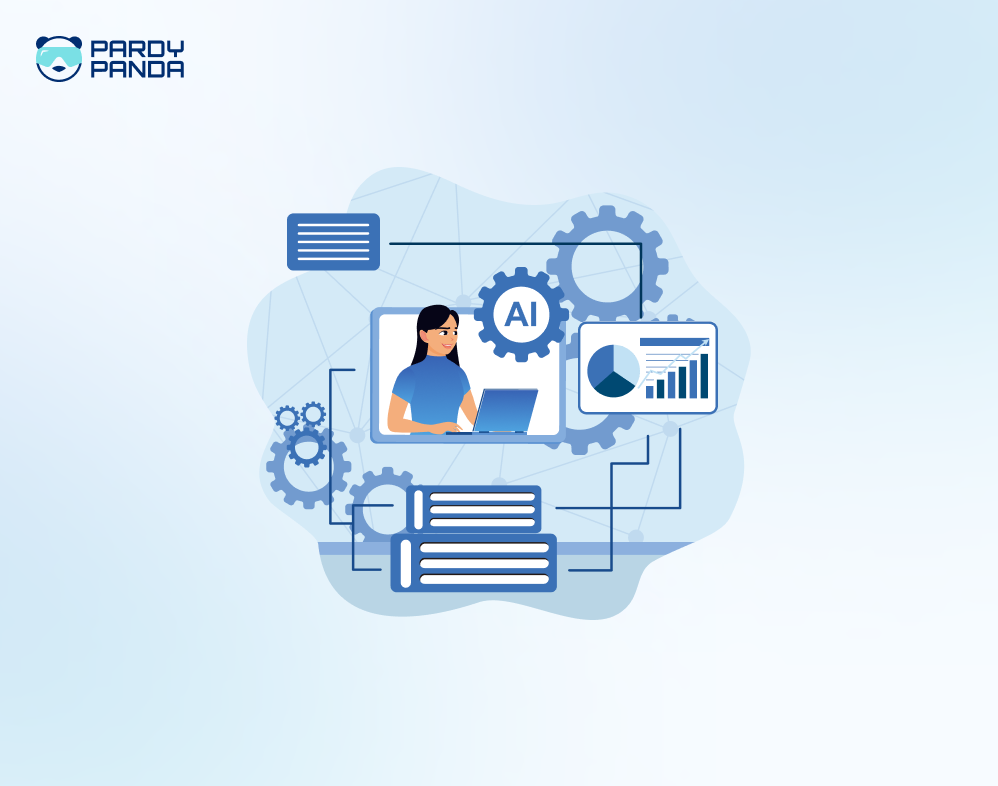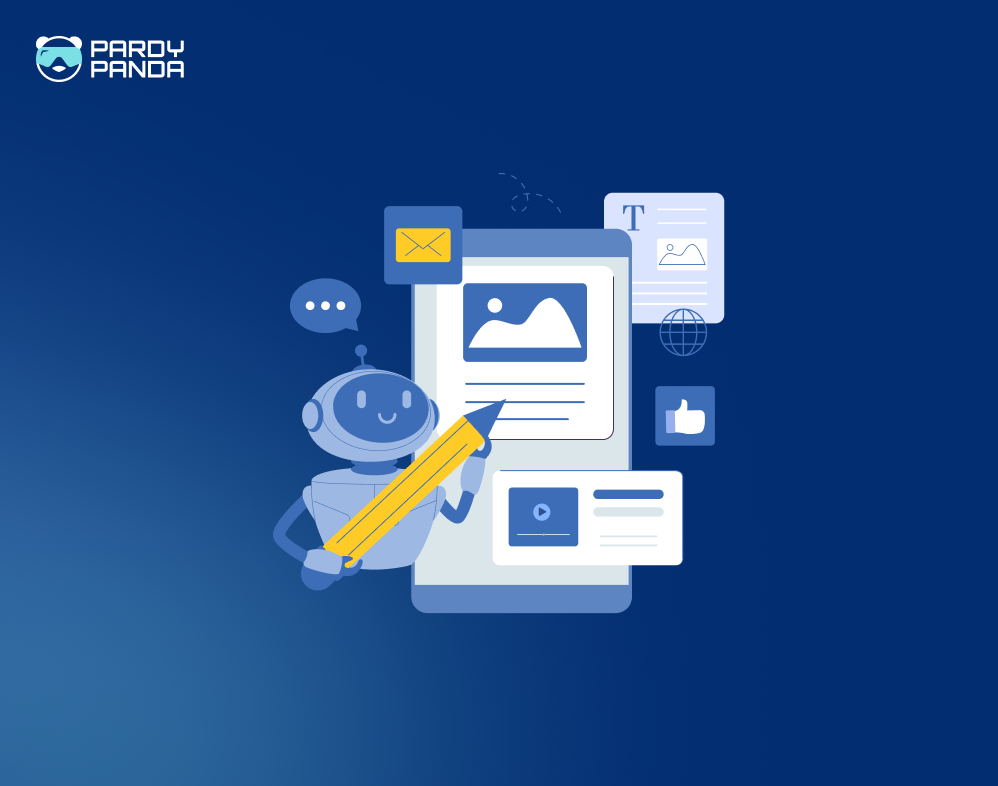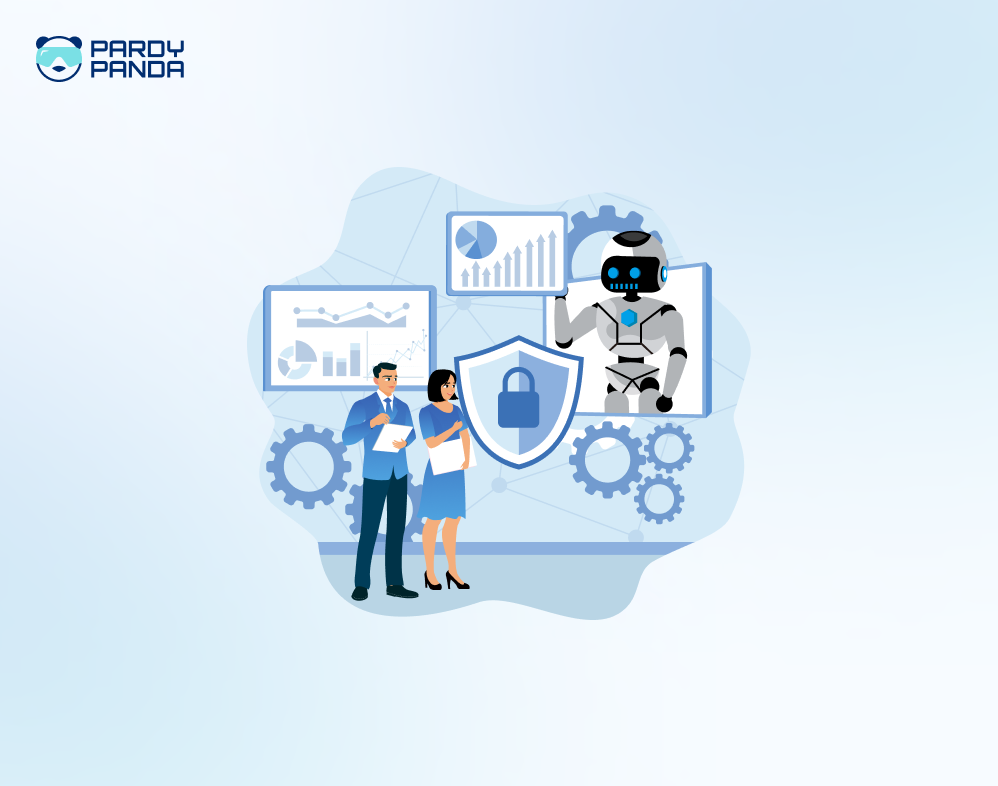Walk into most hotels today, and something feels familiar, and not in a good way. The check-in script is identical. The offers seem random. The rooms are clean, but the experience feels… generic.
Guests aren’t complaining loudly, but they’re drifting. They pick hotels based on price, book through OTAs, and rarely return unless loyalty points push them back.
Meanwhile, hospitality margins are under pressure, and the easiest revenue to protect is the revenue you already have: returning guests, timely upsells, and relevant services.
That’s where AI personalisation steps in, not as a shiny buzzword, but as a practical revenue engine.
The Shift: From Service to Relevance
Hospitality has always been personal, until it scaled. As soon as you operate 50+ rooms, manual memory breaks. Staff turnover erases guest preferences. Service becomes transactional.
Guests don’t want more amenities. They want relevance:
- The pillow that doesn’t give them neck pain.
- The checkout time that fits their flight.
- The breakfast that respects their diet.
The hotel that remembers them wins.
AI simply makes this scalable.
How AI Actually Personalises Without Crossing Boundaries
Think of AI as a memory layer, not a surveillance tool. It quietly learns patterns:
- Preferred room type
- Food choices
- Booking window
- Activity patterns
- Feedback tendencies
Then, without fanfare, it acts.
If a guest who always orders dessert arrives, the in-app menu might highlight a new pastry. If someone consistently requests quiet floors, the system recommends one at booking.
Nothing loud. Everything thoughtful.
The Revenue Impact (That Most Hotels Underestimate)
Personalisation increases:
- Upsell conversions
- On-property spending
- Return rates
- Guest satisfaction scores
And it reduces:
- Wasted marketing
- Front desk workload
- Complaints
Hotels spend lakhs attracting new guests while ignoring the wallet already inside the building.
A Short Story From a Founder’s Lens
Picture two guests checking in on the same night.
Guest A booked a relaxation package last time, asked for late checkout, and purchased spa add-ons.
This time, the AI system quietly offers:
- A 10% spa promo on Day 2
- A room near the wellness floor
- Late checkout availability
Feels thoughtful, and not pushy.
Guest B arrived on a business trip last quarter, ordered protein bowls, and booked a meeting room.
This time, the system suggests:
- Breakfast grab-and-go packs
- A priority workstation
- Airport drop-off timing
Same hotel. Two unique journeys. Both spend more because the experience fits naturally.
The Problem Most Founders Miss: Data Is Fragmented
Hotels already collect tons of data, but it’s scattered:
- PMS logs bookings
- POS logs restaurant orders
- A loyalty app gathers preferences.
- Feedback is hidden in Google Reviews.
No one connects the dots. Staff rely on gut. Guests get generic offers.
AI personalisation is simply the glue.
What Founders Building Hospitality Products Should Pay Attention To
There’s a growing market for:
- Preference engines
- Smart room recommendations
- Dynamic offer sequencing
- Loyalty experience automation
Hotels don’t want dashboards. They want outcomes:
- More revenue per guest
- Higher satisfaction
- Lower staff workload
Tools that deliver quietly will dominate.
Implementation Doesn’t Need to Be Heavy
Start small:
- Identify three data sources you already have.
- Build basic guest segments.
- Trigger one personalised offer during the stay.
Even this increases conversion.
Then you iterate. AI gets smarter the more patterns it sees.
Avoiding the “Creepy Line”
Guests love:
- Personal touches
- Relevant offers
- Reduced friction
They dislike:
- Overly intimate assumptions
- Exposed personal data
- Pushy messaging
Good AI personalisation is subtle. Hospitality is still human. AI just gives humans better timing.
The Long-Term Edge: Emotional Loyalty
Transactional loyalty is built on discounts.
Emotional loyalty is built on feeling known.
The hotel that remembers your:
- Mattress preference
- Tea obsession
- Check-in time
… becomes your default. Not because of points, but because it feels like home.
That’s defensible. OTA discounts can’t compete.
For Business Leaders in Hospitality
Ask yourself:
- Do guests return for price or experience?
- Are upsell offers personalised or broadcast?
- Do systems talk to each other or run in silos?
If you can’t answer confidently, AI personalisation isn’t a luxury. It’s oxygen.
A Final Thought
Hospitality was never meant to be generic.
AI doesn’t replace the human touch. It removes the friction around it.
The hotels that adopt intelligent personalisation today will quietly pull away from the competition, one relevant moment at a time.
Next Steps
If you’re exploring AI-driven guest personalisation for a hotel group or a hospitality product, we can help architect the system, integrate your data, and build the automation layer safely and efficiently.
Book a strategy call with Pardy Panda Studios, and let’s map out your guest personalisation roadmap, without heavy infrastructure or disruption to operations.
Frequently Asked Questions(FAQ):
How does AI increase hotel revenue?
By timing upsells, recommending relevant add-ons, and improving guest return rates without increasing staff overhead.
Can AI integrate with existing PMS systems?
Yes. Modern AI layers integrate via APIs and don’t require replacing core systems.
Will guests find AI personalisation invasive?
When done subtly and consent-based, personalisation feels caring, not creepy.
Is AI personalisation only for large hotels?
No. Boutique hotels benefit the most because emotional loyalty drives repeat business.
How long does implementation take?
Simple recommendation engines can go live in weeks, not months.





